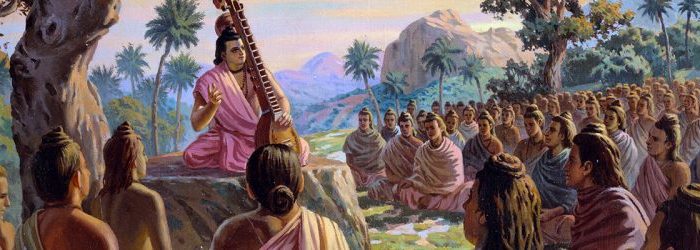About Us
Taponiakhara is a village rich in spiritual heritage, cultural depth, and community values. Rooted in tradition and guided by wisdom, it stands as a symbol of unity, devotion, and rural progress.


A Glimpse into the History of Taponiakhara
Taponiakhara’s history is deeply woven with spiritual significance, cultural richness, and community resilience. The name itself suggests a land of penance and devotion—“Taponi” meaning penance and “Khara” referring to a sacred place. For generations, the village has been a center of spiritual learning, home to sages, saints, and seekers of truth.
Ancient practices, temple traditions, and festivals have been preserved through oral storytelling and community involvement. The village has witnessed gradual transformation—from humble beginnings to a well-recognized spiritual and cultural landmark in the region.
Over time, Taponiakhara has embraced progress while staying rooted in its heritage. Its people continue to honor the wisdom of the past, blending age-old traditions with modern development to shape a future that respects both legacy and growth.
Founding and Lineage
Taponiakhara’s origins trace back to ancient times, believed to be established as a sacred settlement for sages and spiritual practitioners seeking solitude and divine connection. The name itself reflects its essence—“Taponi” symbolizing deep meditation or penance, and “Khara” indicating a sanctified ground.
The village’s founding is closely associated with revered saints and early spiritual leaders who laid the foundation for its values, rituals, and spiritual significance. Over generations, their lineage has been preserved through a continuous line of spiritual successors, including saints, gurus, and Mahamandaleshwars who have carried forward the teachings, traditions, and responsibilities of guiding the community.
These spiritual leaders not only nurtured the village’s religious fabric but also played a vital role in shaping its moral and cultural identity. Today, their legacy lives on through ongoing festivals, rituals, and the unwavering faith of the people of Taponiakhara.


Guru Parampara
The spiritual strength of Taponiakhara is rooted in its revered Guru Parampara—an unbroken lineage of enlightened masters who have guided the community with divine wisdom and selfless service. Each guru in this sacred chain has contributed to the village’s spiritual evolution, preserving sacred knowledge, performing ancient rituals, and mentoring generations of disciples.
Divine Guru Lineage
Passing sacred teachings through devoted masters across all generations.
Spiritual Heritage Chain
Guiding seekers with ancient wisdom, faith, and compassionate leadership.
Timeless Teacher Tradition
Honoring enlightened gurus who shaped Taponiakhara’s spiritual foundation forever.
Lineage of Light
Unbroken path of wisdom, devotion, and divine spiritual leadership.
Spiritual Mission & Vision of taponi akhara
Taponi Akhara stands as a beacon of spiritual discipline, inner awakening, and dharmic living. Rooted in the ideals of penance (tapasya), purity, and selfless service, its mission is to guide seekers toward spiritual realization while preserving the sacred traditions of Sanatan Dharma.
Mission
Taponi Akhara’s mission is to uphold the ancient spiritual traditions of Sanatan Dharma through disciplined penance (tapasya), sacred rituals, and the teachings of enlightened gurus. It is committed to nurturing individual spiritual growth, promoting moral values, and serving humanity with compassion and selflessness.
Vision
The vision of Taponi Akhara is to create a spiritually awakened society rooted in devotion, wisdom, and harmony—where every individual lives with inner peace, divine purpose, and a deep connection to dharma and the sacred heritage of our land.
Organizational Structure
The organizational structure of Taponi Akhara is rooted in traditional hierarchy, spiritual discipline, and collective responsibility. It functions under the guidance of highly respected saints and spiritual leaders, ensuring both spiritual direction and effective community management.
Param Pujya Mahamandaleshwar: The supreme spiritual head, guiding the Akhara’s vision, philosophy, and key decisions.
Senior Saints and Acharyas: Provide mentorship, conduct teachings, and oversee rituals and spiritual practices.
Disciples & Sadhus: Actively engaged in daily sadhana, service, and maintaining the spiritual environment of the Akhara.
Administrative Committee: Responsible for managing events, infrastructure, public outreach, and coordination with devotees and other institutions.
Youth and Seva Wings: Empowered to support spiritual events, social initiatives, and spread awareness among younger generations.
This sacred structure ensures that spiritual wisdom, tradition, and seva (service) remain at the heart of Taponi Akhara’s mission.
